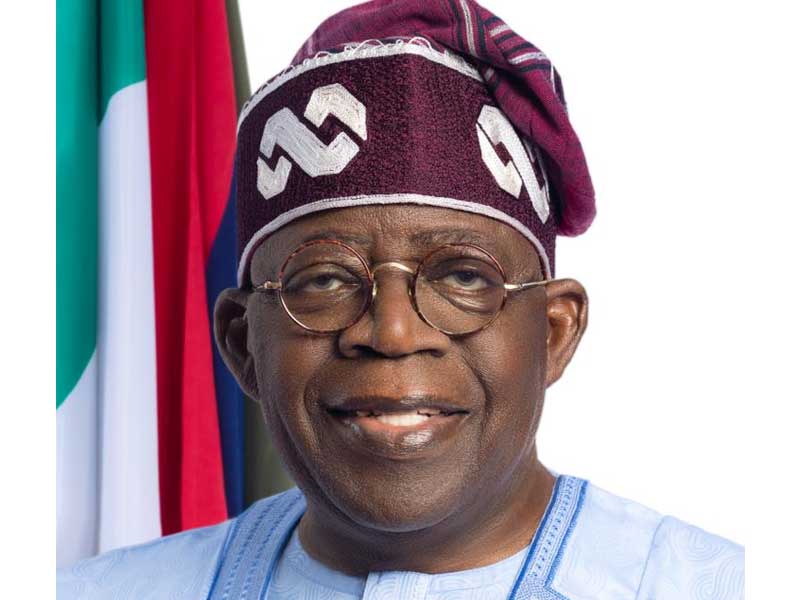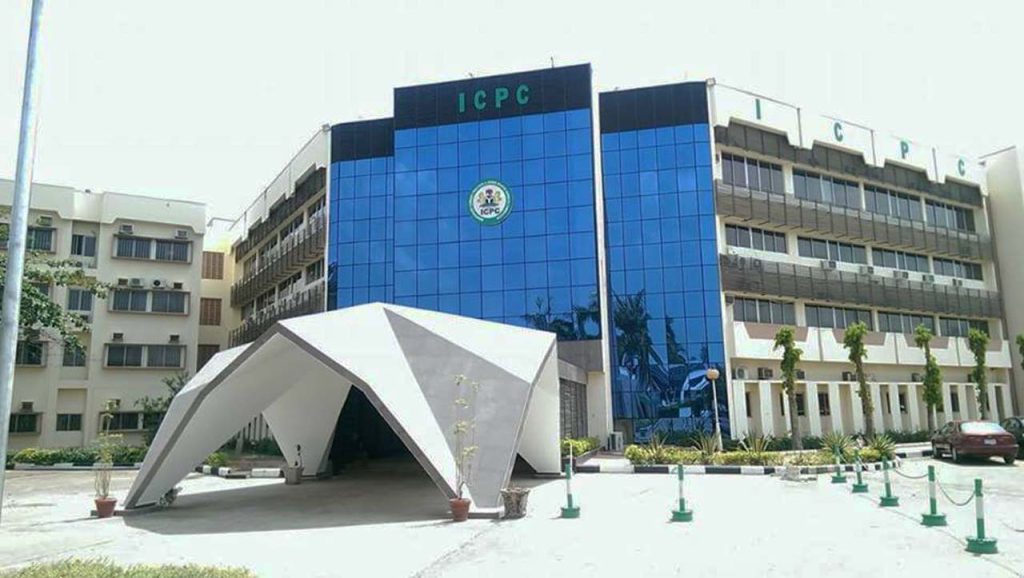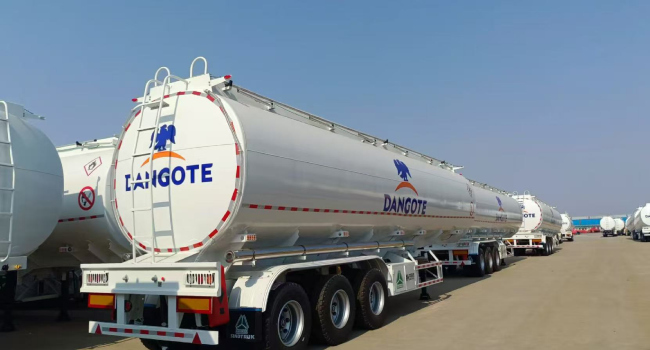South Sudan is gearing up for its first general election in December 2024, nearly a decade after gaining independence in 2011. This significant milestone is a cornerstone of the 2018 peace agreement, marking the end of a brutal civil war that claimed the lives of nearly 400,000 people and displaced millions. However, the successful organization of the upcoming elections is facing substantial risks due to the actions of spoilers within the country’s political landscape.
The timeline for the 2024 elections is contingent on fulfilling key provisions outlined in the peace agreement. These include the establishment of a permanent constitution and the unification of military command. Despite relative progress, concerns raised by UN experts cast doubt on the feasibility of holding the elections as planned.
The presence of spoilers, who actively work to undermine peace efforts, poses a significant obstacle to the agreement’s implementation. In the context of South Sudan, these spoilers consist of leaders and parties who perceive peace as a threat to their vested interests and power. Their disruptive tactics, including resorting to violence, jeopardize the fragile peace and the prospect of conducting successful elections.
The protracted conflict in South Sudan traces back to a power struggle within the Sudan People’s Liberation Movement, sparking a civil war in 2013. The movement splintered into factions led by President Salva Kiir and his deputy, Riek Machar, further exacerbating the turmoil. International and regional interventions culminated in the signing of multiple peace agreements, aiming to address power-sharing, military integration, and reconciliation.
The delays in implementing the peace agreement have perpetuated a state of “negative peace,” marked by simmering tensions and the emergence of spoilers. As a result, it is imperative to prioritize a more inclusive process to safeguard the country’s fragile peace and ensure the successful conduct of the 2024 elections.
Spoilers come in two forms: insiders and outsiders. Insider spoilers, notably breakaway factions of the Sudan People’s Liberation Movement, have demonstrated a lack of commitment to upholding the peace agreement. Meanwhile, outsider spoilers, represented by new entrants into South Sudan’s political arena, openly oppose the peace process and resort to disruptive measures.
As the 2024 elections draw closer, the emergence of new threats, particularly the defection of influential military figures, further jeopardizes the peace process. Their discontent with the pace of reforms and implementation of the peace agreement poses a substantial risk to the elections and overall stability.
To mitigate these risks, South Sudan must prioritize inclusivity in the peace process, accommodating all aggrieved parties. This approach will be crucial in restoring normalcy and establishing a legitimately elected government through credible polls. Failure to address these challenges could lead to insecurity in regions influenced by dissatisfied factions, undermining the prospects of peaceful elections.
In conclusion, the road to South Sudan’s 2024 elections is riddled with obstacles created by spoilers who seek to derail the hard-won peace. The international community must closely monitor the situation and support efforts to foster inclusivity and stability, ensuring that the country’s democratic aspirations are realized.



